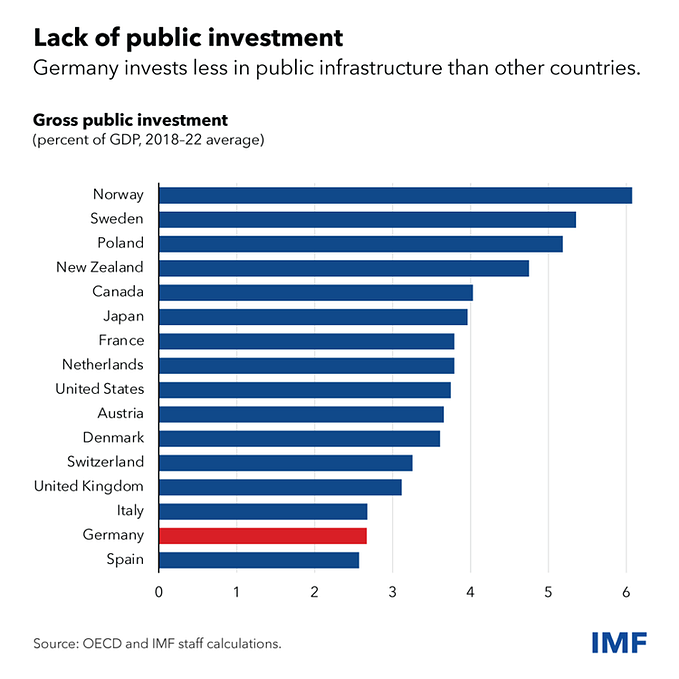Member-only story
Is Ivermectin for Covid-19 Based on Fraudulent Research? Part 2
Another tale of potential fraud in the ivermectin literature
This is part 2 in what appears to be a deep well of fraud underpinning the entire evidence-base for ivermectin and Covid-19. Part 1 is here.
Also, much of this is based on work by Dr. Kyle Sheldrick, whose blog on the matter you can read here.

Most research is OK — it has some virtues, some oversights, some charms, some flaws. Some is excellent and transformative, some is terrible and harmful. When I first became interested in ivermectin, an anti-parasitic medication being tested for Covid-19, I expected a combo plate of the above — just like everything else.
Maybe, and this is a worst-case scenario, a few cheeky papers that had been doctored or altered noticeably, something bad enough to leave a clue.
I did not expect what has happened, what is happening.
I hesitate to put this into words, because it scares me, and because I know the consequences of such statements. But there is no sugar thick enough to coat this:
Ivermectin literature contains a staggering volume of scientific fraud. Not mistakes, or oversights, or gilded lilies. Fraud.
My sincere opinion is that at least a third of the evidence supporting the use of ivermectin as a Covid-19 therapeutic is not just ‘ based on shaky data’, but consists of studies that may never have happened at all.

If you haven’t read part one, I strongly recommend having a skim. This second instalment is in most ways much less important than the first, but it does have a key difference — the researchers here went on to study things that were not ivermectin for Covid-19. Now, those studies may be entirely legitimate, but it’s not a great sign when one of your datasets appears to have signs consistent with being entirely fabricated.
Let’s dive in.






